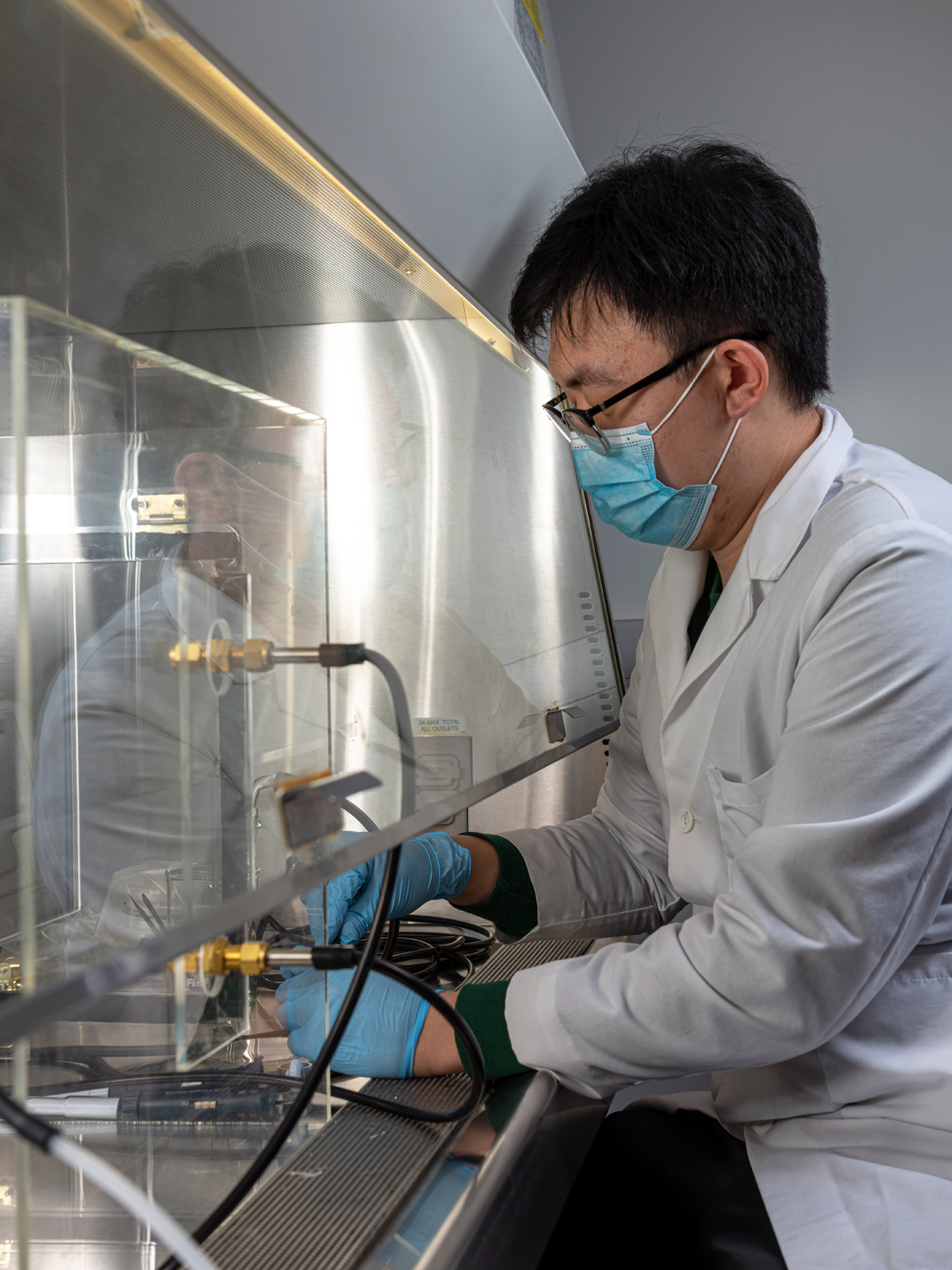Civil, Architectural and Environmental Engineering
Master's Degree in Environmental Engineering
Earn a Master's Degree in Environmental Engineering
Deploying effective environmental solutions begin with you.
Turn your passion for a healthier planet into a career that will benefit the world for generations to come. Whether you’re interested in helping clean the air, our drinking water, soil or natural systems, there is a path that is right for you.
Want to Know More?
Get info on our program, scholarships, how to visit campus, admissions and more. Take the next step in solving for tomorrow!
Degree Information
Graduate Certificates
Research in Environmental Engineering
Our faculty's research interests and expertise encompass a wide range of subject areas.
Each year, faculty projects receive external funding from such agencies as NASA, the National Highway Traffic Safety Administration (NHTSA), the National Science Foundation (NSF), the Environmental Protection Agency (EPA), National Institute of Standards and Technology (NIST), National Institute for Occupational Safety and Health (NIOSH) and Missouri Department of Transportation (MoDOT).
Explore Research Fields
- Architectural Engineering
- Construction Engineering
- Construction Materials
- Environmental Engineering
- Geotechnical Engineering
- Structural Engineering
- Transportation Engineering
- Water Resources Engineering


Follow Civil, Architectural and Environmental Engineering